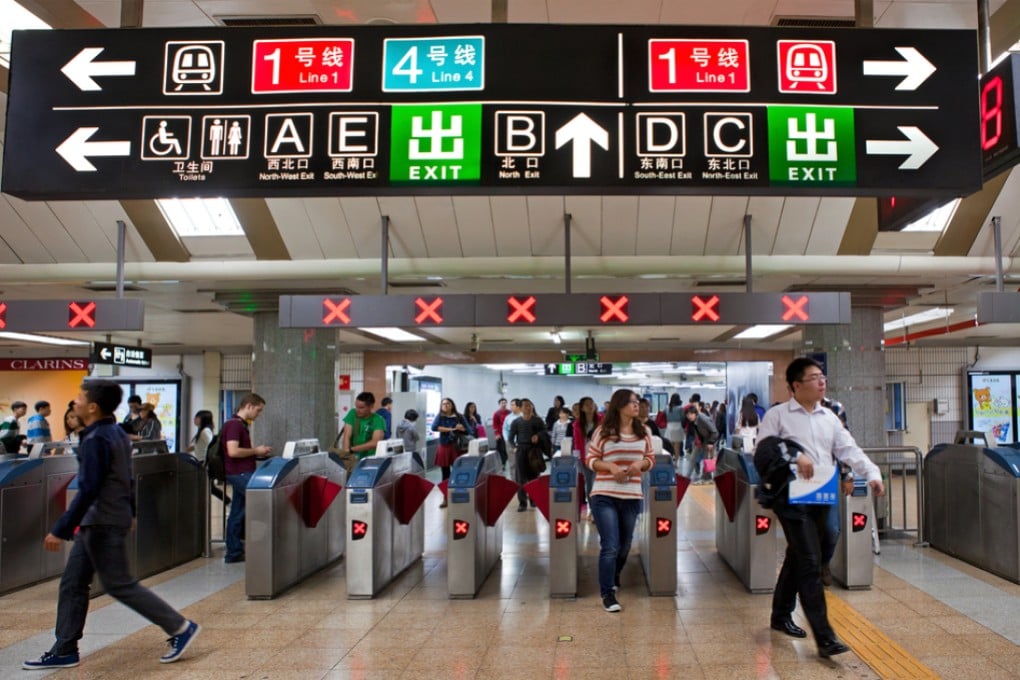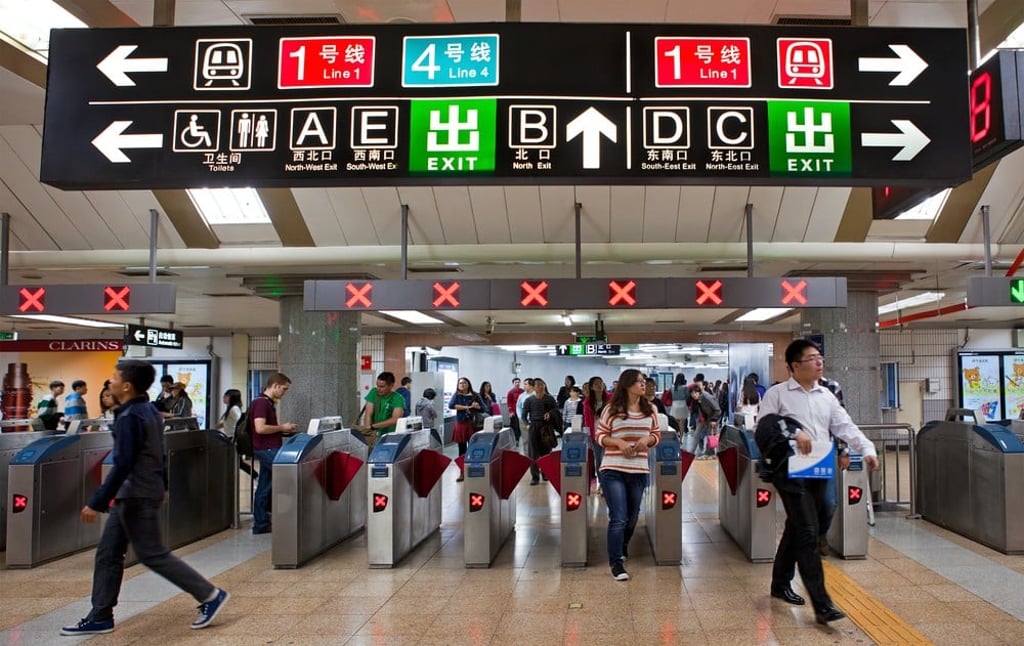Beijing’s subway system will use facial recognition to single out people for different security measures
Security measures are slowing down subway traffic in China, so subways want a smarter way to pick out the bad guys

A subway system in China will soon know if you've been naughty or nice using only facial recognition technology.
The Beijing Subway plans to introduce security screenings that use an AI-powered camera system to divide passengers into groups.
When passengers enter a station, facial recognition will check them against a database. If the system prompts security staff, other security measures will be adopted, according to Zhan Minghui, director of Beijing Rail Traffic Control Center.

The new checks are supposed to make transiting faster, which has been a major pain point for one of the world's busiest metro systems.
Unlike most places, Chinese subways often apply security measures similar to ones seen at an airport. There are bag checks, body checks and metal detectors. And while people aren’t required to take out their electronic devices, passengers are often asked to take a sip of any beverage they’re carrying for security reasons.
Over the past few years, the Beijing Subway has been making checks more stringent, adding equipment and staff. (On special occasions, they even throw in a couple of soldiers.)